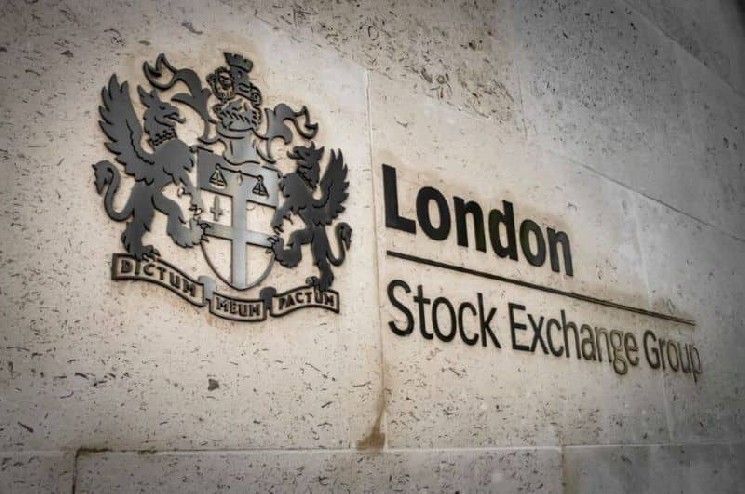UK Government plans to increase its capital gains tax rate

In a notable shift, British finance minister Rachel Reeves announced on Wednesday, October 30, a hike in the capital gains tax rates for most assets, including stocks and cryptocurrencies.
Under the new plan, the tax rate will increase from 10% to 18% at the lower rate, and from 20% to 24% for higher earners.
Reeves stated that these adjustments are projected to generate £2.5 billion, aligning capital gains tax with the rates already applied to property transactions, which will remain steady at 18% and 24%.
Outlining the motivations behind the tax changes, Reeves said:
“We need to drive growth, promote entrepreneurship, and support wealth creation, while raising the revenue required to fund our public services and restore our public finances.” She further emphasized that even with this increase, the UK will still boast “the lowest capital gains tax rate of any European G7 economy.”
New UK capital gains tax
Capital gains tax is imposed on profits exceeding £3,000 made from the sale of an asset. The rate paid depends on the individual’s income tax bracket and the size of the gain.
In addition to the general capital gains tax hike, Reeves revealed an increase in the rate charged on carried interest—income earned by fund managers based on the profits of investments. The new carried interest tax will rise from 28% to 32%.
While acknowledging the vital role of the fund management sector in the UK economy, Reeves noted the need for a “fairer approach” to taxing carried interest.
For entrepreneurs, there’s a bit of relief: the Business Asset Disposal Relief lifetime limit will remain at £1 million and the rate at 10% for now. However, changes are on the horizon—this rate is set to increase to 14% in April 2025 and 18% in 2026-27. This adjustment is aimed at ensuring that entrepreneurs continue to invest in their businesses, while gradually raising additional revenue.
According to the Office for Budget Responsibility (OBR), these measures are expected to bring in an extra £2.5 billion by the end of the forecast period. Last year, capital gains tax raised £15 billion, contributing around 4% of the total income tax revenue.
Historically, capital gains tax has been set at a lower rate than income tax to foster entrepreneurial activity, but this has also led to widespread use of capital gains tax strategies among the self-employed to reduce ordinary income tax obligations.




 Bitcoin
Bitcoin  Ethereum
Ethereum  Tether
Tether  Dogecoin
Dogecoin  USDC
USDC  Cardano
Cardano  TRON
TRON  Chainlink
Chainlink  Stellar
Stellar  Hedera
Hedera  LEO Token
LEO Token  Bitcoin Cash
Bitcoin Cash  Litecoin
Litecoin  Cronos
Cronos  Ethereum Classic
Ethereum Classic  Monero
Monero  Dai
Dai  Algorand
Algorand  OKB
OKB  Cosmos Hub
Cosmos Hub  Stacks
Stacks  Theta Network
Theta Network  Gate
Gate  Maker
Maker  KuCoin
KuCoin  Tezos
Tezos  IOTA
IOTA  NEO
NEO  Zcash
Zcash  Polygon
Polygon  Synthetix Network
Synthetix Network  Tether Gold
Tether Gold  TrueUSD
TrueUSD  Dash
Dash  Holo
Holo  Zilliqa
Zilliqa  Enjin Coin
Enjin Coin  0x Protocol
0x Protocol  Basic Attention
Basic Attention  Qtum
Qtum  Siacoin
Siacoin  Ravencoin
Ravencoin  Bitcoin Gold
Bitcoin Gold  Decred
Decred  NEM
NEM  DigiByte
DigiByte  Ontology
Ontology  Nano
Nano  Status
Status  Huobi
Huobi  Hive
Hive  Waves
Waves  Lisk
Lisk  Steem
Steem  Numeraire
Numeraire  Pax Dollar
Pax Dollar  BUSD
BUSD  OMG Network
OMG Network  Ren
Ren  Bitcoin Diamond
Bitcoin Diamond  Bytom
Bytom